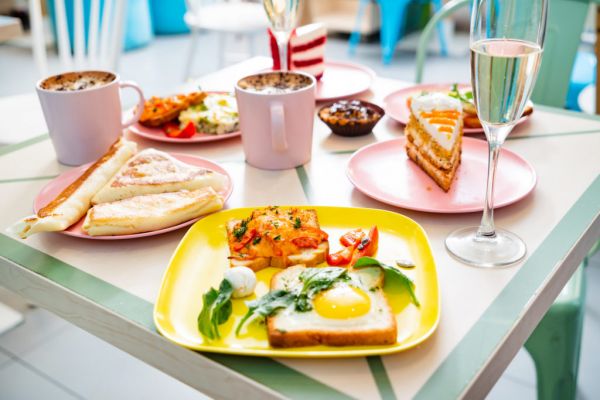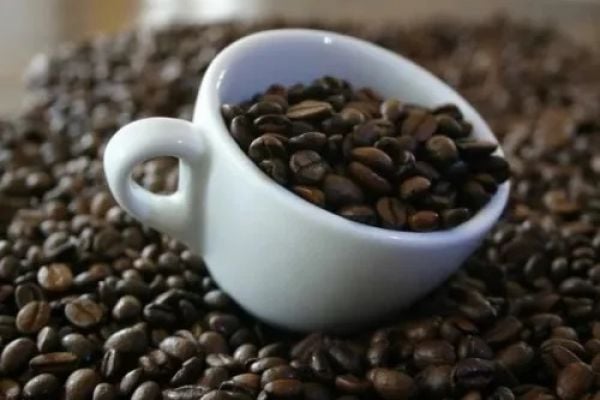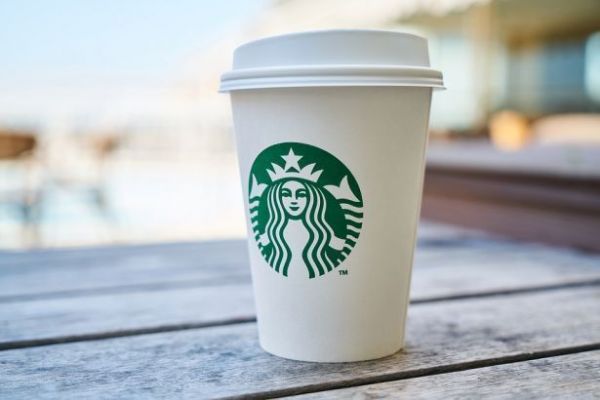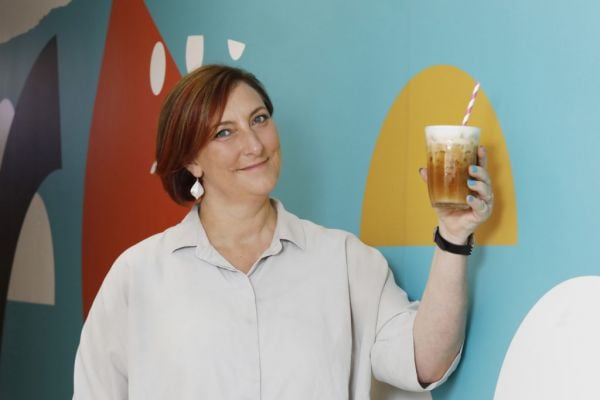Hospitality Ireland presents a round-up of the latest global food and drinks news.
ICO Sees Substantial Global Coffee Deficit Next Season Due To Climate Shocks
The International Coffee Organisation (ICO) has said in its July monthly report global production of the bean will likely fall some way below demand in the upcoming season that starts in October, but bumped up its 2020/21 coffee surplus forecast.
"A substantial reduction of world production is expected in coffee year 2021/22 as some important origins have been affected by climate-related shocks. Total supply is expected to fall below world consumption," said the inter-governmental body.
It did not give a figure for its projected deficit next season, but raised its 2020/21 surplus estimate to 2.6 million bags from 2.30 million bags in its June report, primarily due to a reduced consumption projection.
Consumption is now seen at 167.01 million bags this season from a 167.58 million bag projection in its June report and below the 167.6 million seen before the COVID-19 pandemic.
Global coffee exports totalled 10.65 million 60-kg bags in July, up 1.7% from July 2020, the ICO said, adding exports for the first ten months of the season rose 2.2% year on year to 108.96 million bags.
Top EU Court Gives Broad Protection To The Term "Champagne"
The top European Union court has backed French champagne makers who had argued that their protection under EU law should extend far beyond banning rival sparkling wine producers from putting the word "champagne" on their bottles.
The champagne makers' association (CIVC) is seeking to prohibit a chain of tapas bars in Spain from using "champanillo", Spanish for "little champagne", on signs and on social media.
The commercial court of Barcelona rejected the CIVC's claims since the Champanillo sign was not intended to designate an alcoholic beverage, but rather catering premises where champagne is not sold, and so products other than those protected and targeting a different market.
The CIVC appealed to Barcelona's provincial court. That court sought guidance from the Court of Justice of the European Union (CJEU) on whether protected designations of origin (PDO), such as champagne, covered services as well as products.
The CJEU said they did cover services and were designed to offer a guarantee of quality due to geographical provenance and to prevent third parties seeking to profit from the reputation such products had acquired.
A key part in assessing if a disputed term or sign infringes a PDO was whether it evoked a link between the two.
The EU court said this was established if use of a name created a sufficiently clear and direct link in the mind of an average European consumer who is "reasonably well informed and reasonably observant and circumspect".
The EU judges said it was for the provincial court in Barcelona to make a definitive ruling in the case, bearing in mind the EU court's clarifications.
The champagne industry group is also contesting a new Russian law that forces foreign producers to add a "sparkling wine" reference to their bottles, while makers of Russian "shampanskoye" may continue to use that term alone.
Uber Eats, DoorDash And Grubhub Sue New York City Over Legislation On Commission Caps
Food delivery companies DoorDash Inc, Grubhub Inc and Uber Eats have sued New York City over a legislation to license food-delivery apps and to permanently cap commissions they can charge restaurants.
The three food-delivery companies filed a lawsuit in federal court in New York late on Thursday September 9. The companies are seeking an injunction that would prevent New York from enforcing the fee-cap ordinance adopted last month, as well as unspecified monetary damages and a jury trial.
The New York City Council approved in August a legislation which limits the amount that food-delivery companies can charge restaurants to use their platforms and requires them to obtain operating licenses that are valid for two years.
"Those permanent price controls will harm not only Plaintiffs, but also the revitalization of the very local restaurants that the City claims to serve," the companies said in the lawsuit filed on Thursday.
The suit argues that the legislation is unconstitutional because "it interferes with freely negotiated contracts between platforms and restaurants by changing and dictating the economic terms on which a dynamic industry operates".
The legislation comes after the city enacted temporary caps on the commissions food delivery companies charged restaurants during the pandemic, when so many of them were forced to close or rely on delivery and carry-out alone.
It seeks to limit the amount those companies can charge restaurants to 15% of food orders for delivery services and 5% for advertising and other non-delivery services.
The New York City restaurant delivery market is split almost evenly among the major platforms, according to Bloomberg Second Measure, which collects payment data from customers.
DoorDash commanded 36% of July sales in the city, Grubhub 34% and Uber Eats and Postmates a joint 30%.
San Francisco has also enacted permanent commission caps on the services.
News by Reuters, edited by Hospitality Ireland. Click subscribe to sign up for the Hospitality Ireland print edition.









